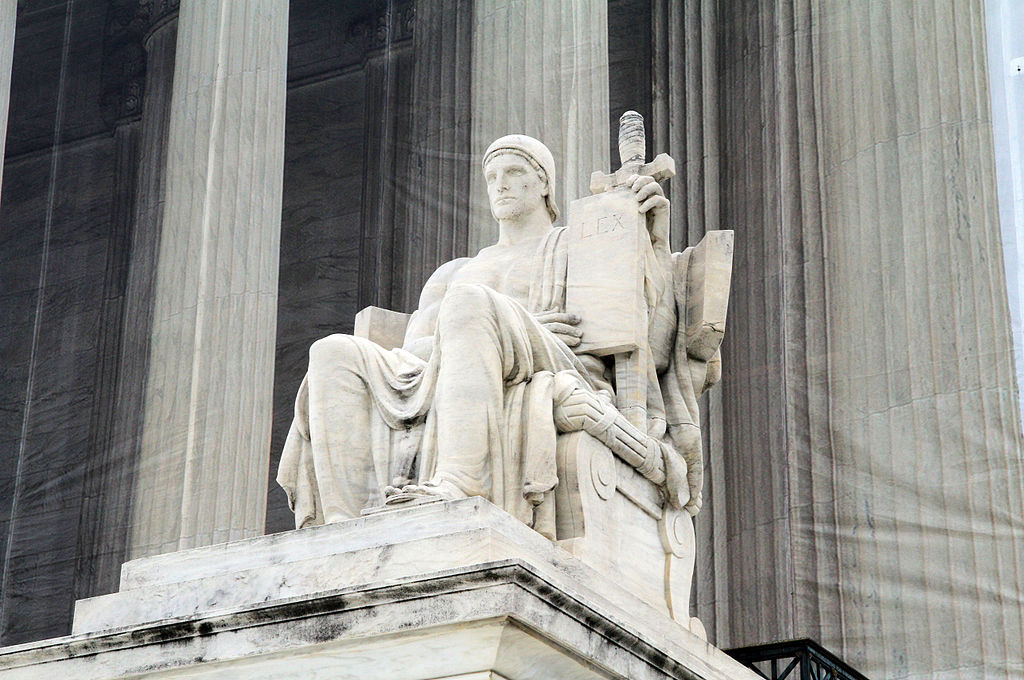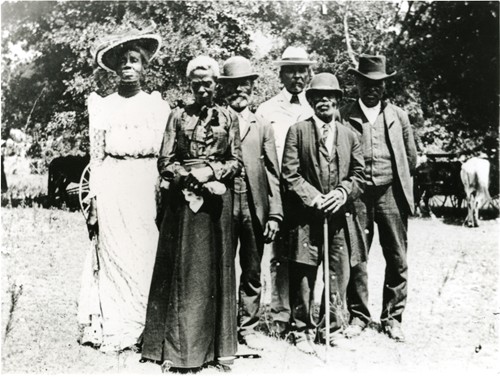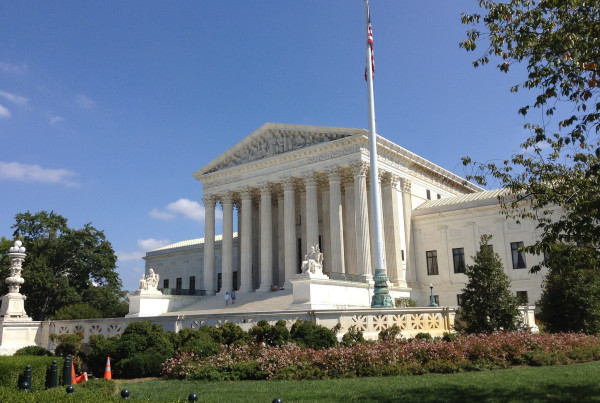The Supreme Court of the United States kept Texas journalists on our toes this week with decisions on gay marriage and freedom of speech as it applies to state license plates.
Can you explain the ruling in the Texas Confederate license plate case?
“It said that [license plates are] a form of government speech so within reasonable restrictions the state can decide what it wants to put on license plates without violating individuals’ free speech.”
So Dr. Pepper license plates, Mighty Fine Burger, TCU license plates… that’s all state speech?
“This was something that some of the dissenting justices pointed out as a little bit absurd because who would really think that just because there’s the state license plate that says ‘I’d Rather Be Golfing’ that it’s official state policy,” Smith says. “But it does have interesting ramifications for other controversial license plates, such as a ‘Pro-Life’ license plate or ‘Pro-Choice’ license plate over the abortion issue. What it looks like is that this means that it’s just gonna be a state-by-state basis as to whether or not a ‘Pro-Life’ or ‘Pro-Choice’ or these other controversial issues are gonna be allowed.”
Are there any states besides Texas that have already made decisions on some of these more controversial license plates?
“There’s a case that’s in the appeals in New York where the DMV there had said that pro-life license plates are too controversial and not allowed, and so it looks like maybe that will be the case in New York. Here in Texas that’s something that is allowed.”
Gov. Greg Abbott vetoed four bills on criminal justice and public safety late Thursday, bringing the total number of bills he’s nixed to eight. Sunday marks the end of his veto period. What’s gotten the axe so far?
“They’ve covered a variety of topics from water conservation, contract bidding, providing a defense to overdose victims who call 911,” Smith says. “There’s some big things out there that he has not signed yet, including the budget, which is the only piece of legislation that he has a line-item veto power over, so he can go through and individually strike certain items in there, whereas with other pieces of legislation he would have to nix the entire thing.”
And what happens if Gov. Abbott doesn’t veto a bill, but doesn’t sign it either?
“Unlike with the federal government, in Texas they automatically become law even if he does not personally sit there and sign them.”

















